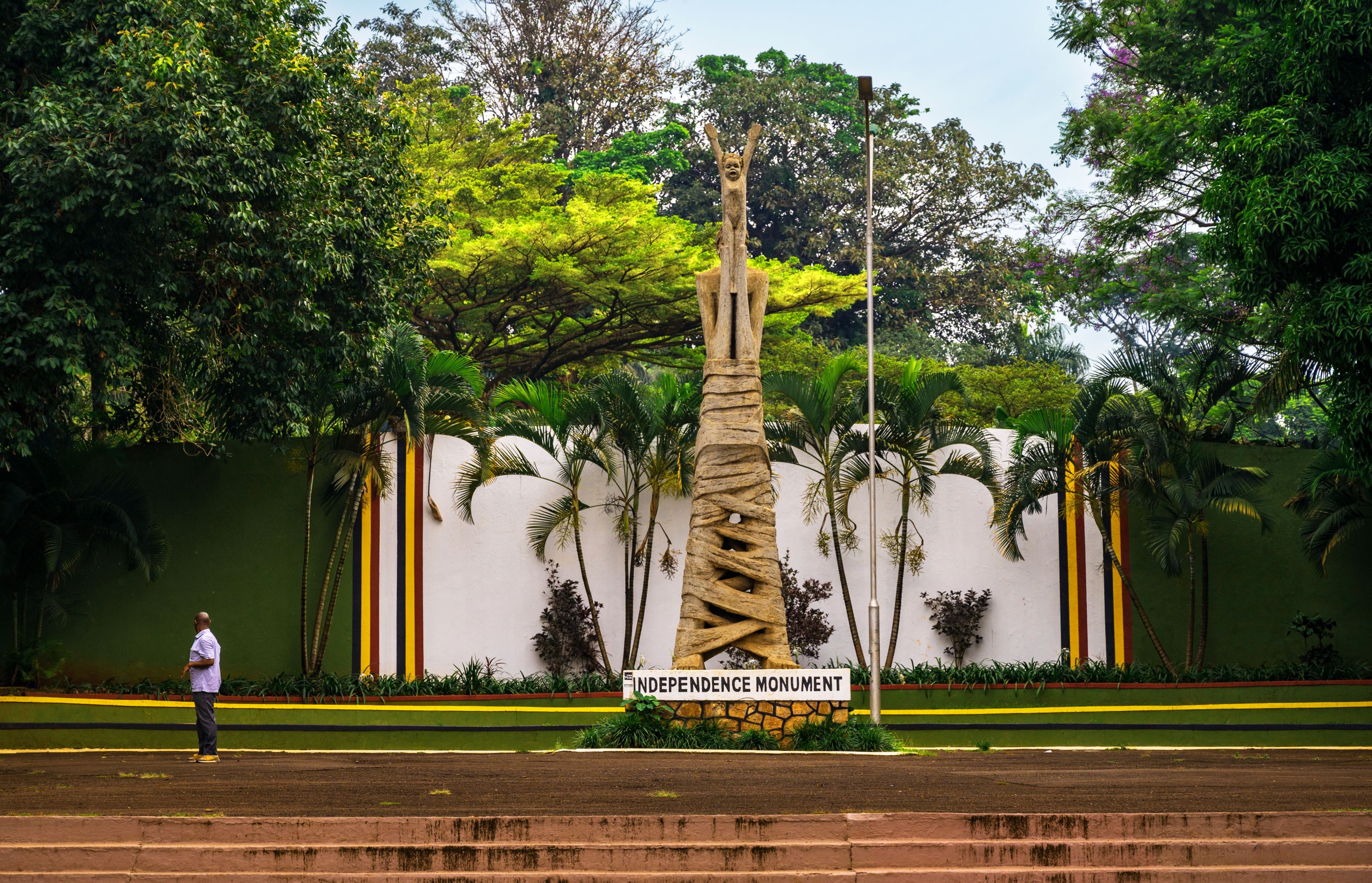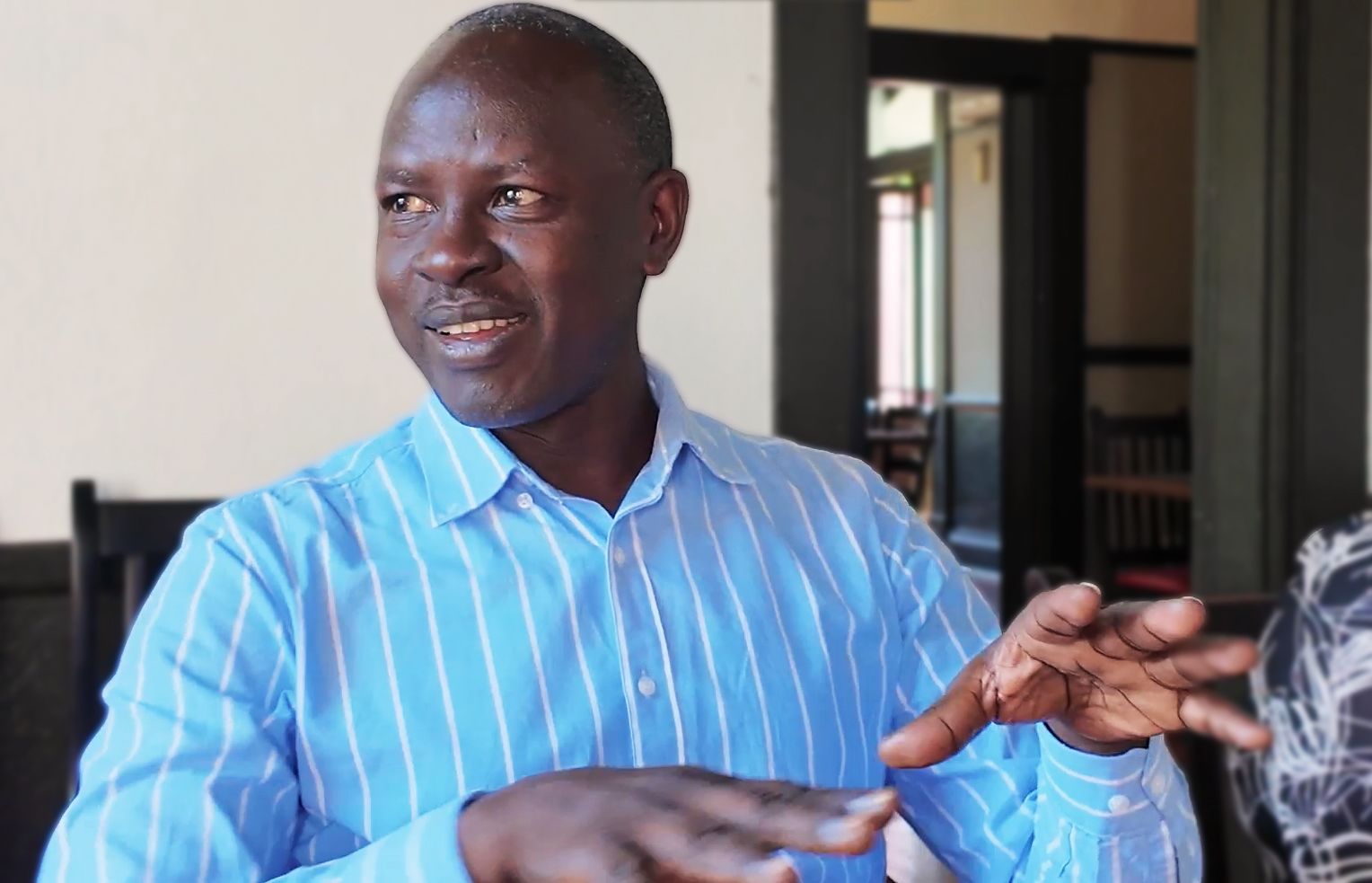Uganda
Uganda’s First Ever National Evaluation Plan is a Watershed Moment

"We need to look at where we want to take society, and for us in the national government, where do we want to take our citizens in the future? Taking a futuristic approach is important but we must do it within the context of giving people hope, giving direction and giving assurance to our citizens,” said Timothy Lubanga, Commissioner for Monitoring and Evaluation (M&E) at Uganda’s Office of the Prime Minister (OPM).
This vision underscores Uganda’s ongoing efforts to tackle deep-rooted socioeconomic challenges. World Bank poverty projections showed that 4 out of every 10 Ugandans were poor in 2024. Rural communities struggle with access to quality education, clean water, and health care, while youth unemployment remains a persistent hurdle, exacerbating social issues and affecting well-being. Uganda also ranks 159th out of 193 countries and territories on UNDP’s human development index. Gender disparities in education, employment, and resource ownership further complicate progress.
To address these systemic issues, the Ugandan government established a comprehensive monitoring and evaluation (M&E) system. This strategic tool aims to assess the effectiveness of development initiatives and drive evidence-based policy making. “We have been on a long journey,” Mr. Lubanga explained. “Now, we are among the first countries on the continent to have an M&E policy and an established M&E cadre across government.”
Mr. Timothy Lubanga, Commissioner for Monitoring and Evaluation (M&E) at Uganda’s Office of the Prime Minister (OPM)

A Decade-Long Journey Toward Accountability
The foundation for Uganda’s M&E system was laid in 2006 with the National Integrated Monitoring and Evaluation Strategy (NIMES). Later, in 2013, the National Policy on Public Sector Monitoring and Evaluation was introduced to institutionalize and streamline M&E practices. This policy aligned national strategies—both medium and long term such as the National Development Plan (NDP) and Uganda Vision 2024—with broader frameworks like the Sustainable Development Goals (SDGs).
Despite this progress, challenges linger. The third National Development Plan (NDP III), drafted in 2022, highlights gaps in implementation, limited integration of M&E systems, and poor utilization of evaluation results. To address these issues, the OPM partnered with the Centre for Learning on Evaluation and Results, Anglophone Africa (CLEAR-AA), an implementing partner of the Global Evaluation Initiative (GEI). This collaboration focused on building robust systems to enhance governance, transparency, and accountability.
“We partnered with CLEAR-AA to take advantage of their capacity to conduct a very comprehensive needs assessment,” said Mr. Lubanga. “We wanted to understand our strengths and weaknesses and then develop a new M&E strategy that best suits our needs.”
CLEAR-AA has played an important role in Uganda’s M&E evolution. In 2018, they trained civil society organizations (CSOs) in the Theory of Change and offered OPM staff advanced development evaluation training. In 2019, CLEAR-AA collaborated with the Ministry of Health to enhance the role of CSOs in Uganda’s M&E ecosystem. A workshop was held to explore the role of CSOs in the health sector, focusing on capacity building and co-creation. Participants developed a theory of change to guide collaboration between CSOs and the Ministry of Health and created an evaluation plan to assess the impact of health interventions. These efforts culminated in a comprehensive Monitoring and Evaluation Systems Analysis (MESA) in 2020/21, revealing critical gaps in existing frameworks.
The analysis informed the development of Uganda’s first National Evaluation Plan (NEP) in 2023, a collaboration involving UNICEF Uganda and CLEAR-AA. The NEP aligns with NDP III and aims to expand the scope of interventions subject to rigorous evaluation. The ultimate goal is to foster evidence-based decision-making across government ministries and agencies.
Fostering National Ownership
“Our value proposition at CLEAR-AA is to empower the OPM and Uganda’s broader institutional ecosystem to take the lead in developing their NEP,” said Dr. Taku Chirau, Deputy Director at CLEAR-AA. “By fostering a collaborative approach that prioritizes local leadership, we aim to cultivate genuine commitment and ensure meaningful utilization of evaluation evidence.”
This aligns with the 2022 Turin Agenda, which emphasizes national ownership of evaluation systems. This principle, spearheaded by the OPM in Uganda, guided the co-creation of the NEP through workshops involving diverse stakeholders, from government ministries to civil society and academia.
In 2023, two key workshops shaped the NEP. The first brought together stakeholders, including the Ministry of Health, Ministry of Education, Kampala Capital City Authority, and the Parliament of Uganda. Using a structured template designed by CLEAR-AA, participants worked collaboratively to draft the NEP’s five sections, covering legislative and policy frameworks, national development planning, evaluation criteria, and implementation strategies.
“The template was vital as it ensured the process was organized, collaborative, and productive,” said Mr. Lubanga. “It allowed time to be managed efficiently as it allocated slots for each section of the NEP.”
The second workshop focused on validating the NEP and consulting stakeholders within five thematic clusters: value addition, private sector competitiveness, infrastructure development, living standards, and public sector productivity. These clusters mirror the 20 programs outlined in NDP III and will guide future evaluations.
“This marks a watershed moment in the history of evaluation in Uganda,” declared Mr. Lubanga. “Never before has Uganda witnessed such a development, one that not only defines evaluations aligned to NDP III but also sets a new trajectory for transparency and accountability.”
Dr. Taku Chirau, Deputy Director at CLEAR-AA
A Game Changer for Uganda’s Development
The NEP is expected to revolutionize Uganda’s approach to evaluations. By summarizing evaluations of national commitment, the plan aims to increase the demand and supply of evaluation evidence useful for resource allocation, programming and policy and decision-making.
“Once the NEP is approved, it is going to be a game changer,” asserted Mr. Lubanga. “It will institutionalize an evaluative culture in government, ensure evaluation evidence informs policy and decision-making, and improve the quality of evaluations.”
The NEP’s stakeholder review process has ensured broad input and inclusivity. As Uganda transitions to the fourth National Development Plan (NDP IV) in 2025, it will be more important than ever for the NEP to be formally approved and strategically revised to ensure alignment with the country’s evolving development priorities under the new NDP.
By building a culture of evidence-based policymaking, Uganda’s NEP represents a significant step toward addressing the nation’s pressing socioeconomic challenges. As Mr. Lubanga concluded, “We’re giving hope, direction, and assurance to our citizens.”
Story by Graham Holliday



